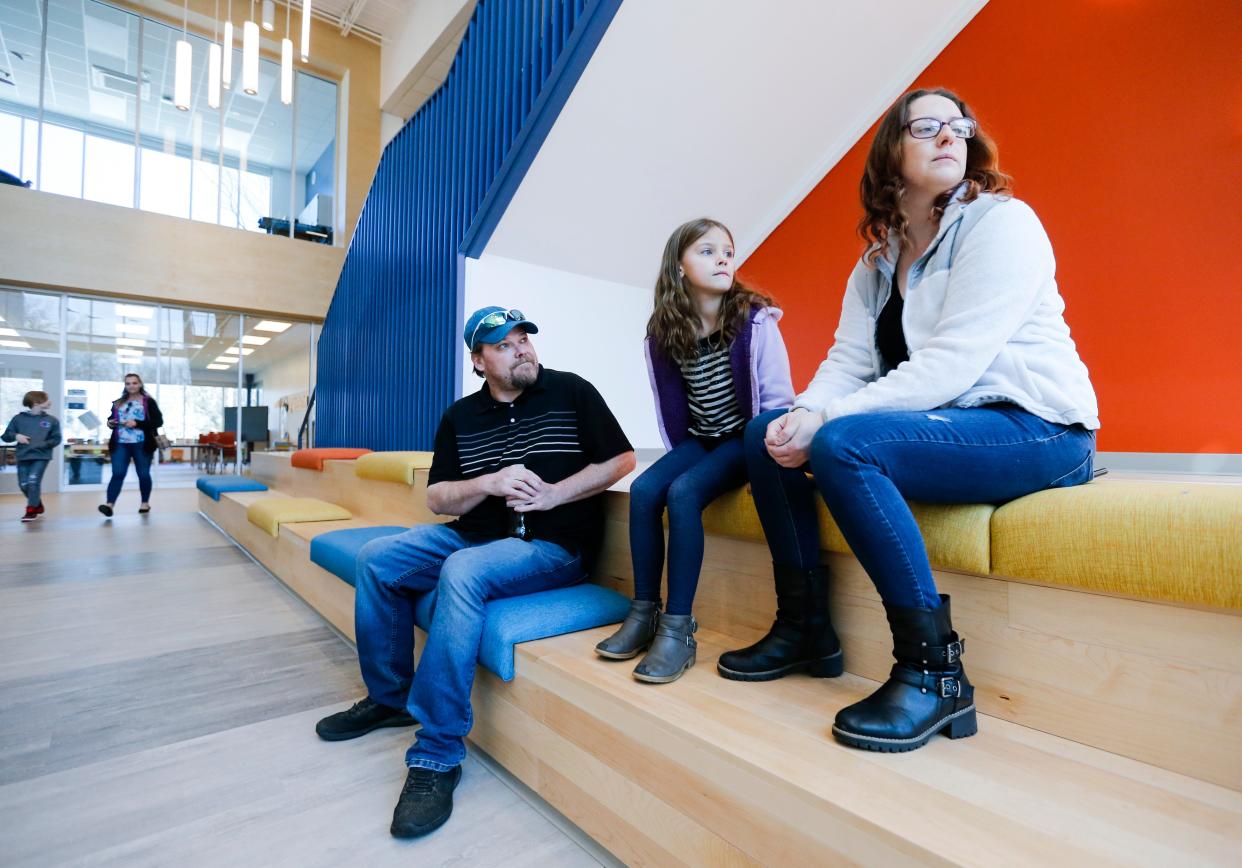As students head back to school, parents must be part of equation

Schools alone are insufficient for educating children, especially if parents lack interest in their children’s school activities. To foster a genuine enthusiasm for learning, it’s crucial for everyone, especially parents, to consistently communicate this expectation. Extensive research has long highlighted parental involvement as a cornerstone for academic success.
Quoting Abraham Lincoln’s words on education’s paramount importance, it becomes clear why educators and parents have long aspired to be active partners in the educational journey. This partnership is notably stronger during elementary school, positively impacting student learning. Parents who engage in monitoring homework, regular conversations, and activities like PTA meetings contribute to improved academic performance.
Regrettably, in the United States, parental involvement sees a significant decline from sixth to twelfth grade. Despite knowing that students at all levels thrive when parents engage in education, this shift occurs. Although teenagers often find it uncool to have parents present at school, there are alternative ways parents can participate, such as assisting with events or attending extracurricular activities.
By involving themselves in their children’s school life, parents emphasize that education is a lifelong journey that extends beyond diplomas. This message, communicated through parental involvement, holds more sway than that of most teachers who have shorter direct interactions with students. The positive impact of parental involvement extends beyond communication; it signifies unity and teamwork between home and school.
In the realm of education, the responsibility for quality rests on everyone — students, parents, teachers, and administrators. While roles may differ, active involvement remains essential. It’s worth noting that educators recognize parents as an underutilized resource with the potential to significantly enhance various aspects of schooling.
Ultimately, parents, even at the secondary level, have the opportunity to shape and enrich the educational experience for their children.
Dr. Stephen Kleinsmith, Ozark, Missouri lives in the Springfield public schools district.
This article originally appeared on Springfield News-Leader: As students head back to school, parents must be part of equation

